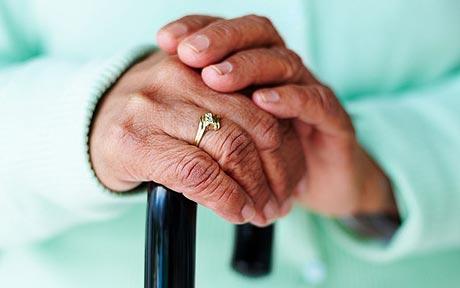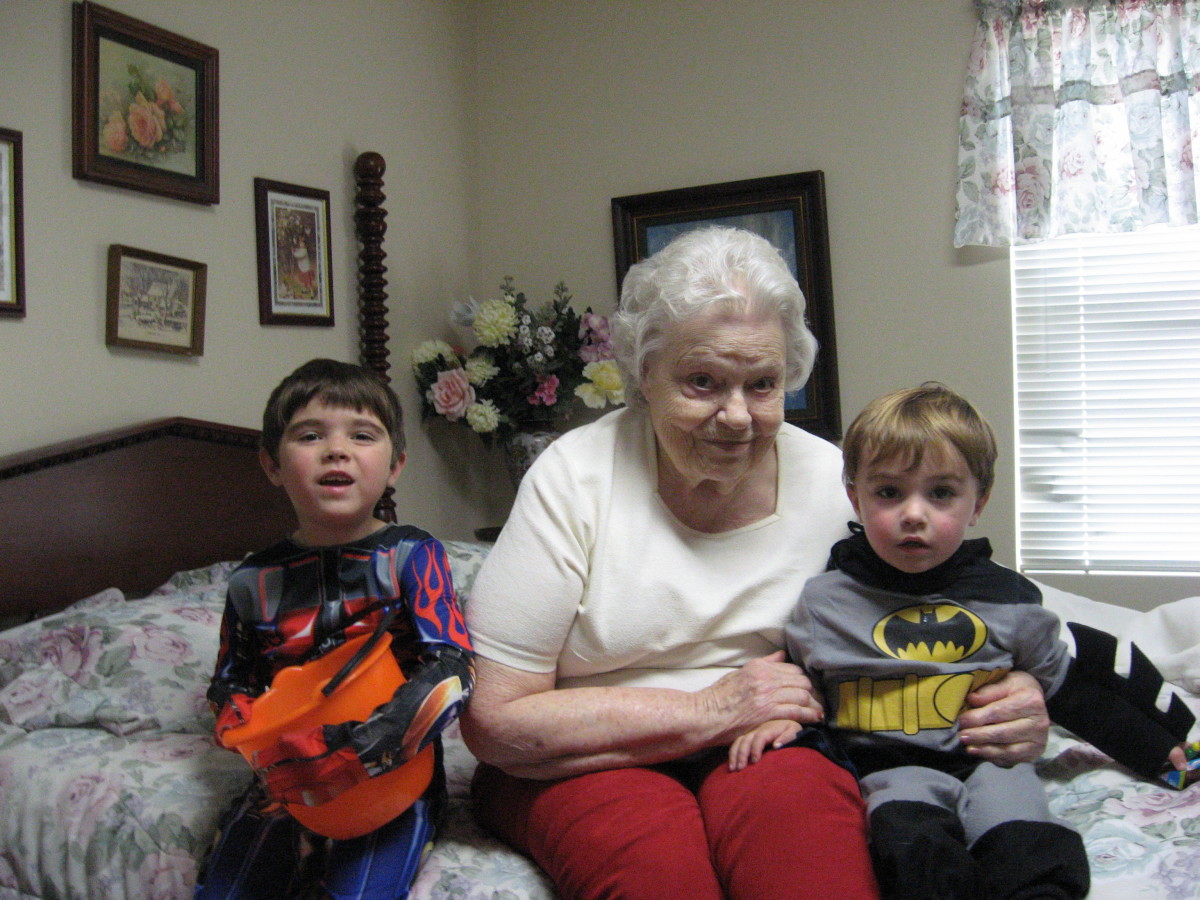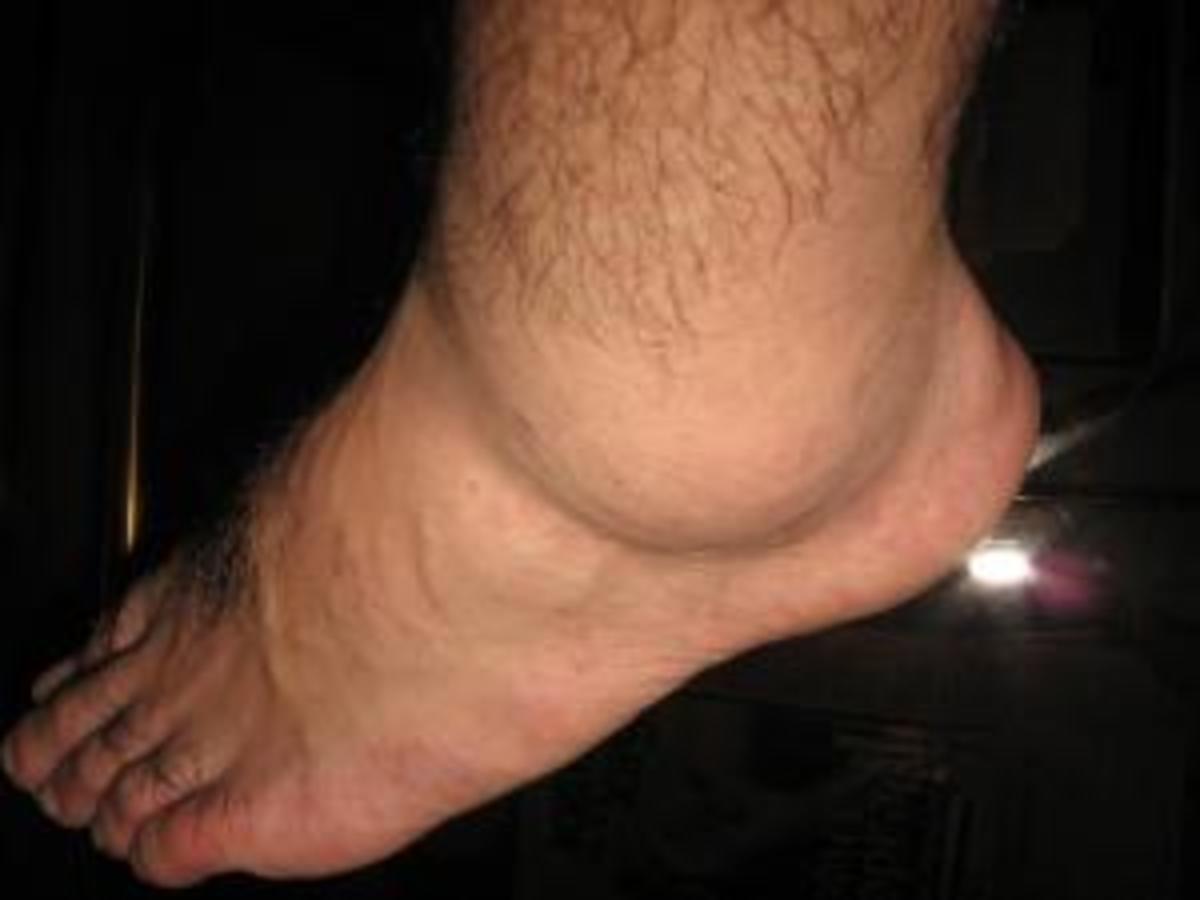What is the Liverpool Care Pathway?


I'd never heard of the Liverpool Care Pathway until it hit the news.
As it turns out, it is the name of a legally constituted program within hospitals in the UK to allow euthanasia of the elderly under certain circumstances.
Introduced or legislated for in 1996, it resolved a legal problem for terminally ill patients, their family, and the medical profession.
Helping someone to die comfortably is humane, and has been practised in hospitals for years, if not forever.
When someone is within days of dying, in pain and in severe discomfort, death is a blessing to them.
It's an end to their misery.
Caring doctors and nurses can't wave a magic wand and make it all better, much as they'd like to.
The absolute best they can do is to make sure that person is comfortable, pain-free, and never left alone.
When I was a young nurse in the 1970s, we did everything we could to keep people alive, because we cared.
Even so, there came a time when death was inevitable.
Death IS inevitable for all of us. When it is imminent, the best we can do is make sure those last hours are pain-free for those in our care.
Morphine was and still is, the most powerful pain-killer known to man.
Unfortunately, it also depresses the respiratory system.
When the respiratory system is depressed, breathing is more difficult and we are more prone to chest infections.
It can kill a terminally ill patient.
People in pain, and many cancers are extremely painful, deserve the most powerful analgesic available.
They not only deserve it, they need it, because nothing else will touch their pain.
We effectively hastened their deaths by giving them diamorphine (a mixture of morphine and heroin) injections.
We knew we were doing it, but we did it for the best of reasons; to ensure a comfortable and smooth passage between this world and the next.
I will never regret any of those injections I gave (under medical prescription) to those people.
If this level of care existed, why was a new procedure brought out - The Liverpool Care Pathway?
I have absolutely no idea, considering it has been many years since I have been nursing.
If it has always been the case that caring nurses and doctors treated patients to the best of their abilities, and gave them an extra level of care when they were dying, why did this procedure suddenly get a name?
The only two things I can think of is that:
a) litigation has increased, and without a legally agreed procedure in place, someone might choose to sue.
b) All those university trained nurses might have preferred to have a written care plan to follow.
In my day, nurses were trained on the wards, with interludes of college lessons on campus. The advantage of ward trained nurses include the weeding out of non-caring people. Nurses learned their jobs through watching and assisting professionals at work.
Some things just can't be taught at university.
The wording of the care Pathway
According to the NHS Foundation Trust, the Liverpool Care Pathway is a means of recording the care given to a dying patient.
Once someone is put on the plan, everything is controlled by paperwork, by the ticking of boxes to ensure the plan is followed to the letter.
Each hospital has a Care Pathway team, and it is they who decide the fate of any elderly patient who is admitted.
This decision is taken according to the forms drawn up.
The general health of the patient as well as prognosis is taken into consideration.
If the team agrees that the patient is dying, they may be put on the Liverpool Care Pathway if they have just two of the following conditions:
- The patient is bedbound
- Semi-comatose
- Only able to take sips of fluids
- No longer able to take tablets
The Terminal Care of the Patient
- The turning of the patient, which is routine in hospitals to prevent pressure sores, is only carried to out to make the patient comfortable, if done at all.
[ Some people have apparently recovered after having been put on the Liverpool Care Plan, only to need prolonged treatment for the pressure sores they developed while on it.]
- Mouth care should be given at least 4 hourly.
[Some hospitals are missing this bit out and giving no oral hygiene, not even a comforting water-filled sponge for patients to suck on.]
- No medication designed to prolong life should be given.
[This would include any medications previously prescribed for existing conditions like hypertension or diabetes.]
- All oral medications should be converted to subcutaneous (under the skin injections), or syringe driven injections.
[Even those who can still swallow tablets and are not semi-unconscious.]
- All blood tests stopped, and antibiotics and IV fluids withdrawn.
- 4 hourly observations should be taken and recorded to ensure the patient is clean, dry and comfortable. A urinary catheter may be inserted if patient is incontinent or suffers from urinary retention.
- If the patient is diabetic, blood glucose levels should be checked once daily.
- The patient's family should be informed of procedures, and kept updated as to their relatives progress.
- Ensure that the patient's spiritual needs are met. If Catholic, see that the priest comes into perform the Last Rites. If other religion, ensure that the appropriate body is contacted and final prayers or arrangements dealt with.
Medication for the dying patient on the Liverpool Care Pathway
PAIN
If in pain, they are given morphine in the form of diamorphine. If they already on oral medication, this is changed to intra-venous via a syringe driver.
If they are NOT in pain, they are prescribed diamorphine via syringe driver.
RESTLESSNESS AND AGITATION
If they have terminal restlessness and agitation, they are given MIDAZOLAM 2.5 - 5mg subcutaneous prn. If they live longer than 24 hours, this is changed to a syringe driver.
If they DO NOT have terminal restlessness and agitation, they are given the same medication as above.
RESPIRATORY TRACT SECRETIONS
If they have respiratory tract secretions, they are given HYOSCINE HYDROBROMIDE 0.4mg s/c bolus injections. This is changed to a syringe driver if they live longer than 24 hours.
If they DO NOT have respiratory tract secretions, they are to be given the Hyoscine anyway, as above. (Hyoscine dries up all liquid secretions in the mouth and throat, so mouth care will need stepped up - this is not mentioned in the care plan).
NAUSEA AND VOMITING
If they have NAUSEA and VOMITING, they are to given Cyclizine 50mgs S/C bolus injections, changed to syringe driver after 24 hours.
If they DO NOT suffer from nausea and vomiting, they are to be given the same treatment as above, as if they do.
Patients with heart failure get a different drug - either Haloperidol s/c 2.5 – 5mg or Levomepromazine s/c 6.25mg.
DYSPNOEA
Dyspneoa (breathlessness)
If the patient has difficulty breathing, they are given diamorphine 2.5 - 5mg prn via syringe driver.
If their breathing is fine, they are given the same dosage.
This is called ANTICIPATORY PRESCRIBING and should ensure that your loved one passes away peacefully with no discomfort.
You will note that no provision is made for food and water, both of which are necessary for sustaining life.
Am I the only one not liking this?
The Liverpool care Pathway applies only to elderly people admitted to hospital after having suffered a fall, a stroke, an infection or any of the other multitude of things that cause our elderly to end up in hospital.
It would seem that within hours of admittance, after a check-over by strangers, your mother or father could be 'put to death' in this way.
They cannot possibly know your parents, nor their level of health impairment up to this point.
Year ago, when I was nursing, we fought to keep all of our patients alive, elderly or not.
It was only have weeks of care when we saw someone slip rapidly downhill, and the results of all the tests we carried out confirmed their life was close to an end, that we initiated a helping hand to ensure their passage was as comfortable and pain-free as we could make it.
NOW under this 'care regime', elderly people are being singled out for this exclusive care, that includes the administration of a powerful concoction of medications designed to hasten, or cause, their demise.
Cost of Residential Care of the Elderly in the UK
In the UK, it has long been a problem for the National Health Service that something like 1 in 2 acute hospital beds are taken up by an elderly person, who is need of basic nursing care and not much else.
Nursing homes and care of the elderly homes welcome our old people, so long as they are basically well and not incontinent.
As privately-owned concerns, most of these establishments do very nicely from the money paid to keep old folk in one of their residential care homes, at a starting price of £700 ($1120) per week per person.
An NHS bed costs £400 ($640) per day, paid for by the tax-payer, as of 2012.
Cash-strapped NHS hospitals must dread the admittance of an elderly person.
Time for Families to Take Care of their own?
I am sick of hearing and reading about the ill-treatment handed out to our elderly in care homes by under-qualified, under-paid and frankly uncaring staff.
So much so, that I vowed never to allow my own parents, now in the 80s, to go into one of these so-called 'care establishments'.
After all, these same people cared for us when we were babies, and gave up quite a few years of their lives to bring us up.
The least we can do is return the compliment.
Now, with the threat of the dreaded Liverpool Care Plan hanging over all our heads (we all grow old and die, it is a fact of life), I don't want to see Mum and Dad go into hospital either.
If they do have to at some point, at least many of us are now aware of exactly what this Liverpool Care Pathway is, should they dare try to put our own old folk on it before they are ready to die.





